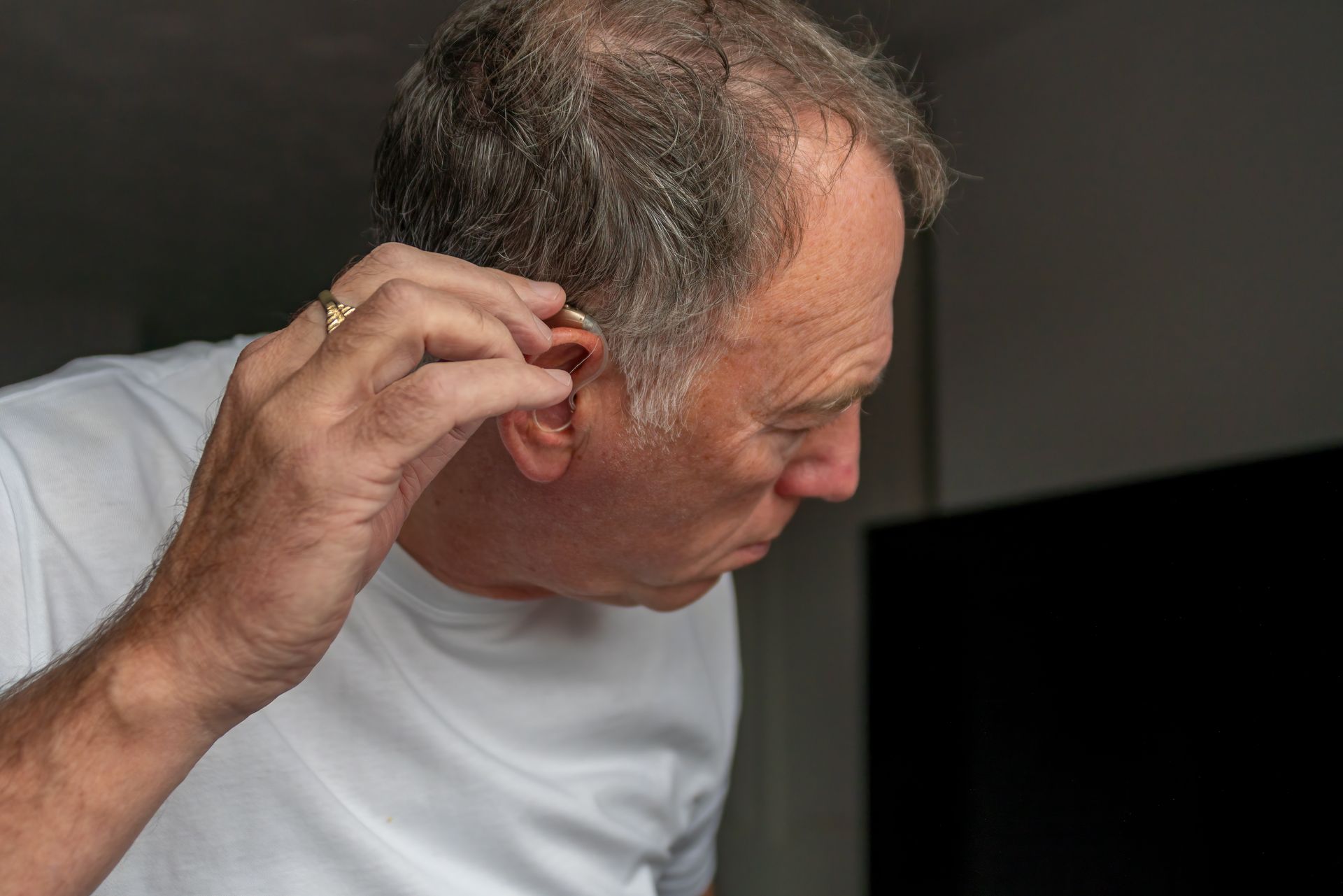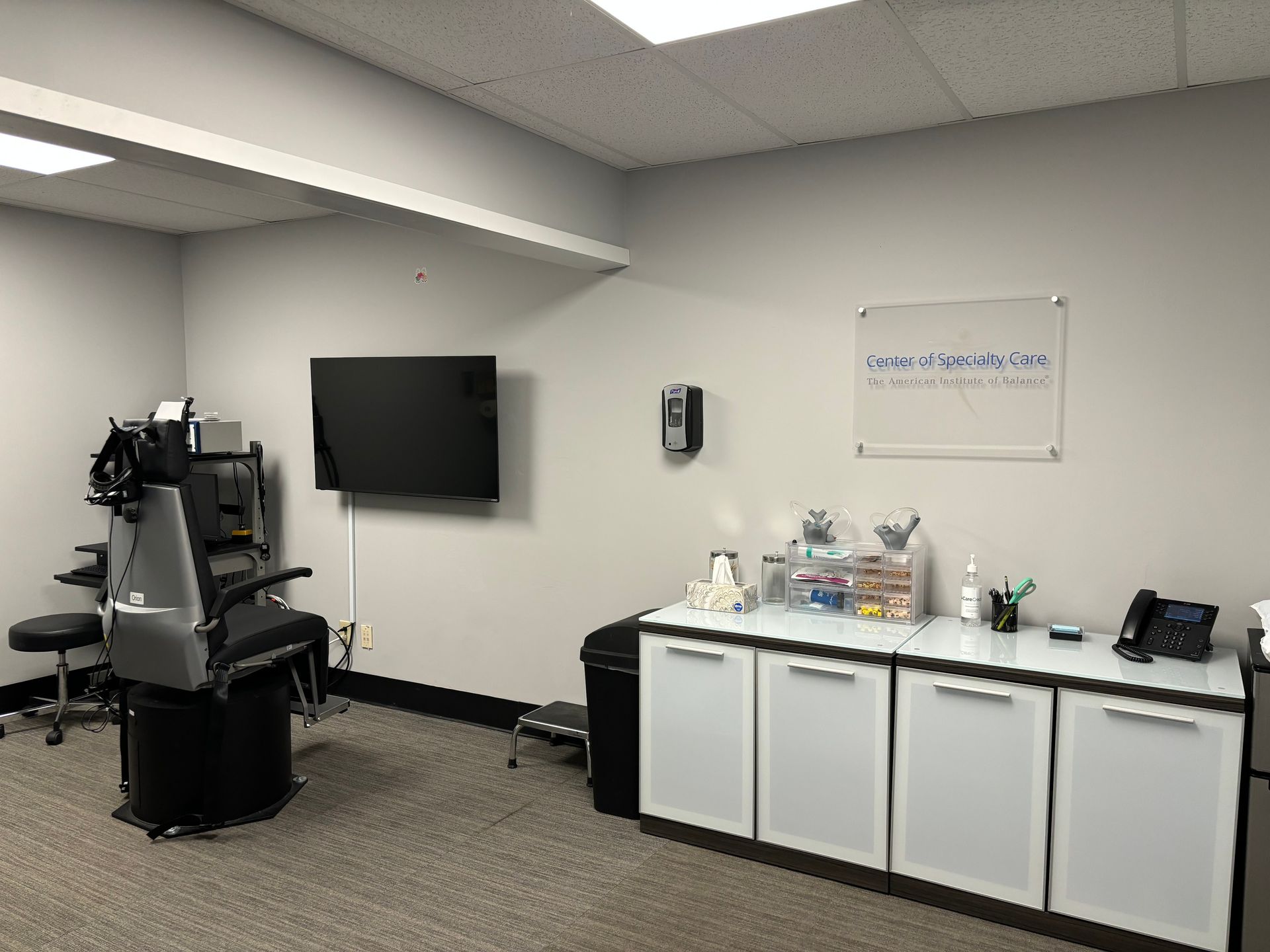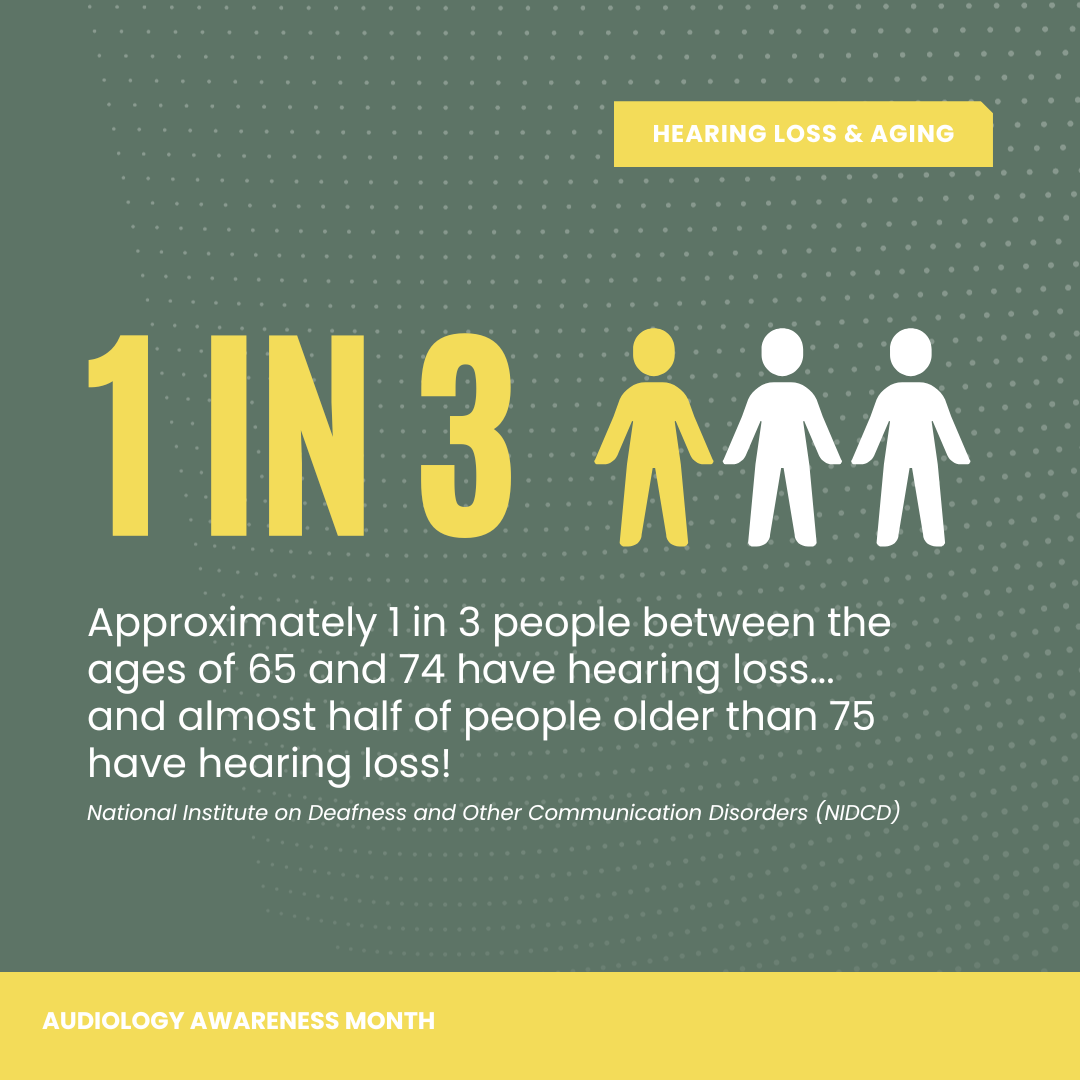The Ultimate Travel Guide for Hearing Aid Wearers
The Ultimate Travel Guide for Hearing Aid Wearers
Are you planning to take a vacation soon? Traveling with hearing aids can present a few unique challenges, but with proper preparation and a few handy tips from me, your favorite audiologist, you’ll have no problem enjoying your trip to the fullest. Instead of worrying about your hearing aids, you can just focus on the people, places, and experiences in front of you!
In this quick travel guide for hearing aid wearers, we'll share six of our favorite essential strategies to make your future vacations stress-free and memorable – in the best possible way!
Plan Ahead for Your Destination
Before you set off on your trip, research your destination to find out more about the accessibility features they offer to individuals with hearing impairments. If you’ll be using public transportation or visiting specific venues, search online or call ahead to see if they offer captioning services or induction loops/telecoils. We may need to add an induction loop or telecoil program in your hearing aid(s) if this type of service is available. Being proactive in booking accommodations and activities that cater to your needs will ensure a more enjoyable travel experience!
Pack Essential Hearing Aid Supplies
Being prepared while on your trip is key. As you’re packing your bags, don't forget to toss in some extra hearing aid batteries (if you use them), cleaning tools (ESPECIALLY WAX TRAPS!), and spare parts for your devices. It's also a good idea to carry a waterproof container to protect your hearing aids from moisture during your travels — especially if you’ll be spending a lot of time on the beach. And if you’re traveling internationally, check whether you’ll need an outlet adapter to use your charger.
Communicate Your Needs Effectively
Whenever you’re interacting with airline staff, hotel personnel, or tour guides, be sure to communicate your hearing needs clearly and assertively. It’s 100% okay to request special accommodations such as written communication, assistive listening devices, or real-time captioning services to facilitate better communication and understanding. This is your special trip, after all, and you want to be able to enjoy it fully!
Explore Technology Solutions
There are so many new technology solutions that can upgrade your travel. For example, there’s a special dehumidifier case you can use at night to remove moisture from your hearing aid while you’re sleeping — perfect if you’re traveling somewhere humid! If you’re going to be spending time in noisy environments, we can help set up a dedicated program for speech in noise that allows us to fine-tune your programming and maximize your hearing aid performance.
Adventure with Caution
If your travel includes outdoor activities like swimming or hiking, make an extra effort to protect your ears and your hearing aids. Whenever you’re taking off sunglasses or a hat, be careful that you don’t accidentally knock your hearing aids out or lose them. If you’re going to be swimming, keep your ears dry to prevent swimmer’s ear. This infection is sometimes more common for those who wear an ear mold. This sometimes happens during vacations because if there is moisture inside your ear canal and then an occluding hearing aid traps the moisture inside, it becomes a perfect breeding ground for infection. A swim cap or earplugs may be a good idea if you wear an occluding hearing aid dome. Not sure if your hearing aid ear mold or dome is occluding? Ask us!
Lastly, Source Advice from the Locals
Believe it or not, there are plenty of local organizations and online forums for hearing-impaired travelers! These are excellent sources for firsthand insights and recommendations for your specific travel destination. There’s nothing like chatting with other individuals who live with hearing loss or wear hearing aids because they can empathize with your specific needs.
Traveling with hearing aids can be a rewarding and enjoyable experience, it just requires a little bit of extra preparation and planning. We’re always here to help, too! We are more than happy to offer advice over the phone or schedule a visit so we can chat through your travel needs! Call the office at 423-521-3277 to set up an appointment.
Be sure to check out our social media pages this month for more tips and tricks for all types of vacations!











